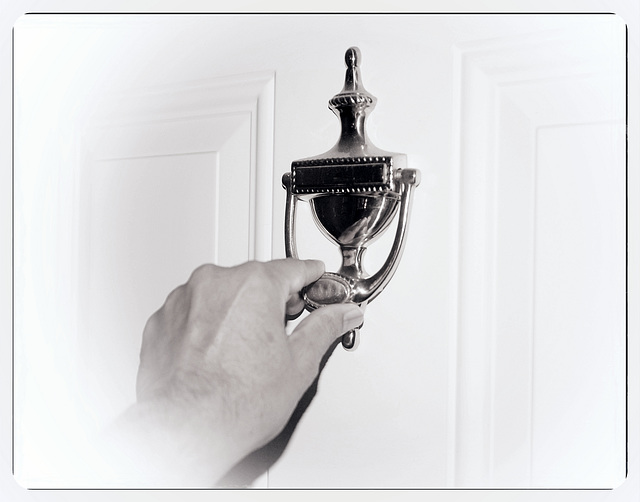A computer simulation of a network of cosmic strin…
The Crisis of Print
From King to supplicant
This is you talking
Internet map 1024.jpg Wikipedia
LEVIATHAN
Fossil of Language
Cognitive study of Autumn colors
Memories
Thus spake Aristotle
Lesson from Locksmith
Keeping Memories
Language
Cipher as a Code & a Zero
Power of Mitrochondria
Algorithm
The Human Condition
Evolution/consequences
Aristotle
Money/Geld/dinheiro/ 貨幣/ பணம்/ деньги/ অর্থ/ เงินต…
Samskrata ~ Sanskrit ~ संस्कृतम्
What goes with it A or B
Song Bird
Abandoning the Concept of Free Will
Language
When is piece of matter said to be alive?
Squeegee Men
Social to the core
Mothers of Invention
The Elephant in the Boa Constrictor
Black Swan & David Hume!!
Fig.8-6. Apologies by political & religious leader…
Arthur Schopenhauer
J.Krishnamurthi & physicist David Bohm ~ 1984
Eratosthenes' Geodesy
"The Mystery of Consciousness"
Karl Marx
Thomas Hobbes 1588-1679
Arthur Schopenhauer
Words
See also...
Keywords
Authorizations, license
-
Visible by: Everyone -
All rights reserved
-
142 visits
Knock knock


- Keyboard shortcuts:
Jump to top
RSS feed- Latest comments - Subscribe to the comment feeds of this photo
- ipernity © 2007-2024
- Help & Contact
|
Club news
|
About ipernity
|
History |
ipernity Club & Prices |
Guide of good conduct
Donate | Group guidelines | Privacy policy | Terms of use | Statutes | In memoria -
Facebook
Twitter

If you ask a person why she does not reach across crowded dinner table for dish, or why she leaves the last potato for someone else or how she knows one glance in a bar is meaningful but another is not, she will tell you that she has thought about each question and figured out the answer. It isn’t true. She may consciously claim responsibility for her answers, but it is really her hidden brain that conducts those analyses, and we know this is true because patients with fronto-temporal dementia who do socially inappropriate things have their power of analysis in tact. They can reason their way through life, but it turns out that reason is an inadequate guide in many social situations. It is only when the machinery of hidden brain breaks down that we suddenly recognize its importance.
Much of this book is about errors and biases caused by the hidden brain. The automatic conclusion is that bias is bad and we should do everything we can to rid the brain of unconscious thinking. If we could only think consciously all the time, we would avoid all the mistakes of the hidden brain. That is partially true, but it is also true that the hidden brain can be our friend. It tells us how to navigate the world, it creates the foundation of our lives as social creatures, it enmeshes us in the web of relationships that make life meaningful. Without the hidden brain, we would not be supercomputing machines that everyone envies. We would not be sad creatures, locked out from the very things that make life precious. We would lose the ability to work collegially with others, to form lasting friendships, and to fall in love. Our hidden brain is like the wetness of water that the fish never notices – but can’t live without. ~ Pages 50/51
Sign-in to write a comment.